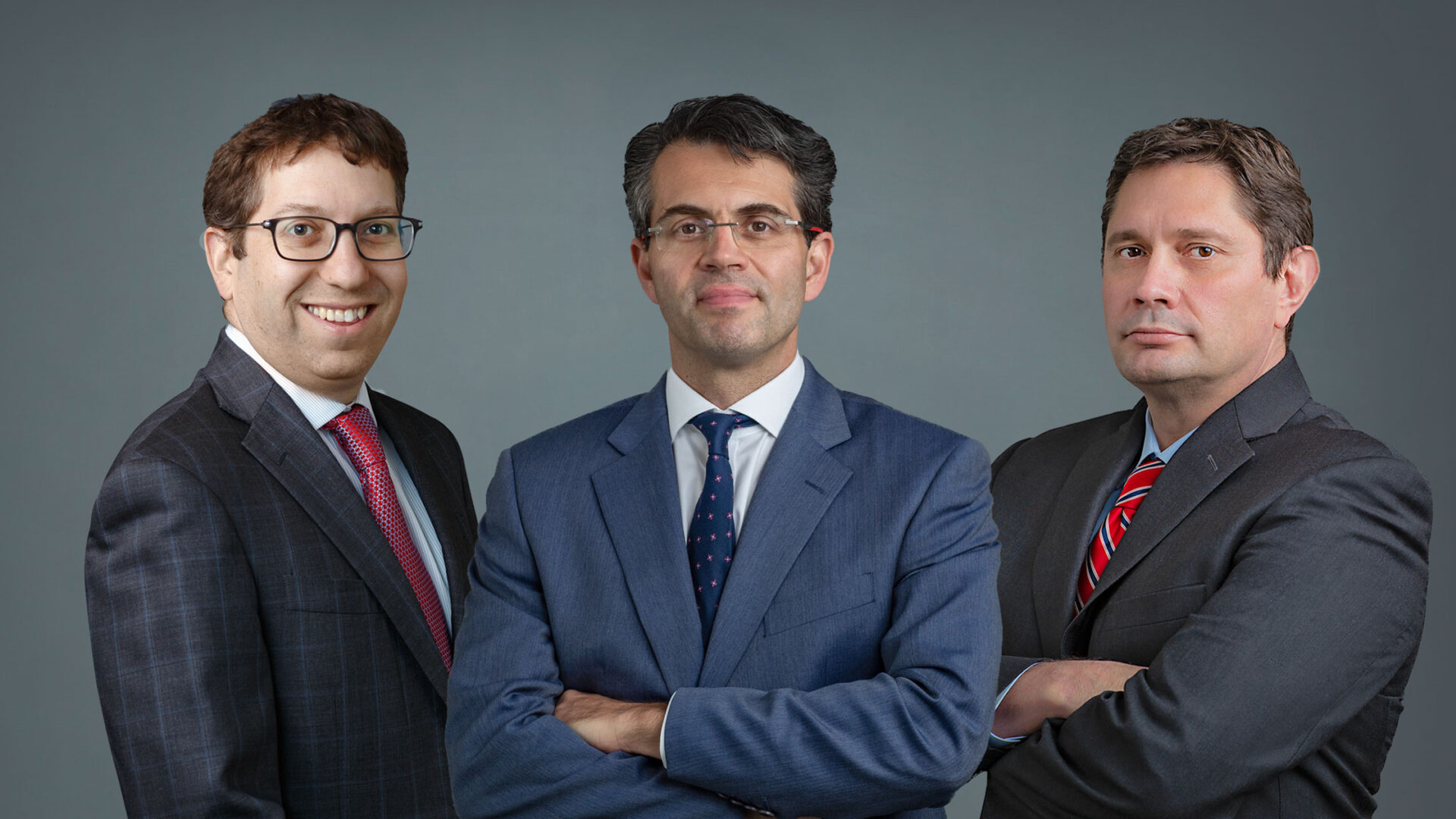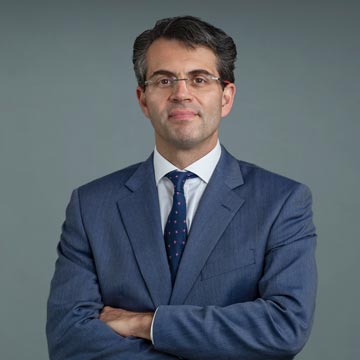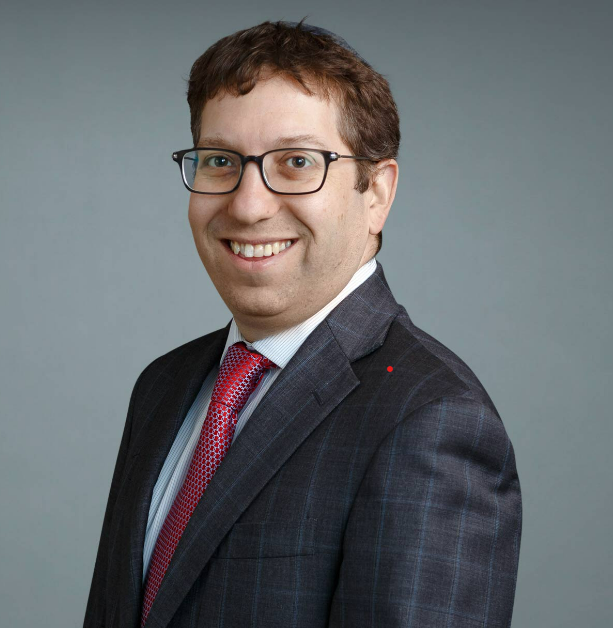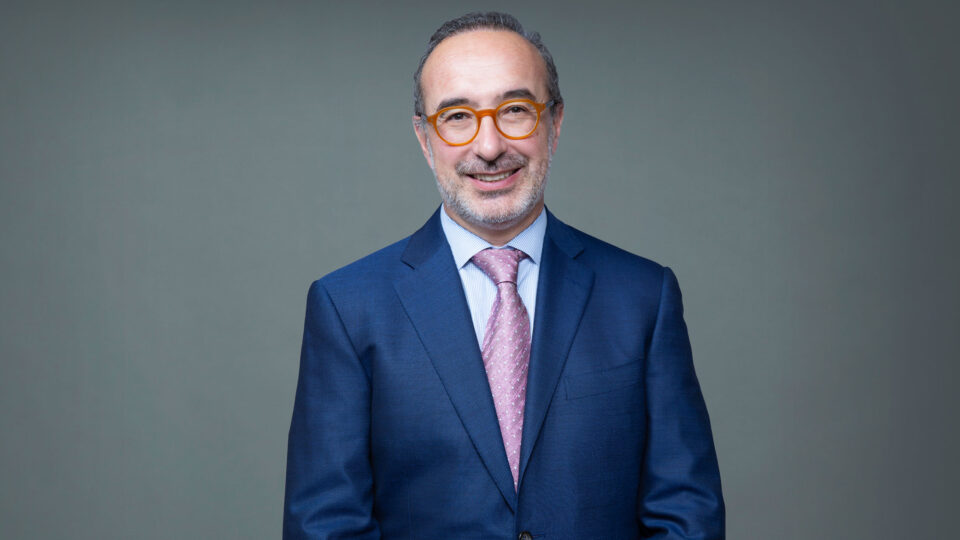At NYU Langone Health, the Pancreatic Disease Program and Perlmutter Cancer Center bring together gastroenterologists, oncologists, surgeons, radiologists, pathologists, and other specialists who work in lockstep as an integrated team. The goal is to move beyond traditional silos to create seamless care that improves patient outcomes while advancing the science.
Here, co-directors Tamas A. Gonda, MD, Paul E. Oberstein, MD, and Christopher Wolfgang, MD, PhD, discuss the program’s integrated approach, key drivers of success, and commitment to education and awareness.
Physician Focus: What are the program’s principal goals?
Dr. Oberstein: Our founding vision was simple—bring together a multidisciplinary team of experts to deliver personalized, comprehensive care for patients with pancreatic diseases or those at risk of these conditions. We are equipped to handle every patient need, including screening, treatment, surgery, and supportive care.
“We built the program around three core principles—early detection and disease prevention, innovation in treatment, and the availability of clinical trials for all stages of disease.”
Tamas A. Gonda, MD
Dr. Gonda: We built the program around three core principles—early detection and disease prevention, innovation in treatment, and the availability of clinical trials for all stages of disease. By integrating disciplines such as gastroenterology, surgery, oncology, radiation oncology, nutrition, psychology, and pain management, we offer patients world-class medical care.
Physician Focus: What are the key factors behind the program’s success?
Dr. Gonda: We combine our unique skill sets to create a synergistic partnership. We provide efficient upfront evaluation—patients work with navigators to quickly receive advice and consultation from an expert in any area of pancreatic disease. Coordinated access to care continues throughout treatment and clinical trials.
Dr. Wolfgang: Safer, innovative, and minimally invasive surgery has transformed what we can accomplish. The seamless integration of surgical care with oncology, advanced endoscopy, and many other specialties on all our campuses makes our program unique.
We work closely with Adam J. Goodman, MD, section chief of Gastroenterology and Hepatology at NYU Langone Hospital—Brooklyn; Brian J. Kaplan, MD, chief of Surgical Quality in the Department of Surgery at NYU Langone Hospital—Brooklyn; Jessica Widmer, DO, chief of the Division of Gastroenterology at NYU Langone Hospital—Long Island; and Gary B. Deutsch, MD, chief of the Division of Surgical Oncology at NYU Langone Hospital—Long Island, and their teams. Together, we offer the highest level of multidisciplinary care for patients with pancreatic diseases across the health system.
Dr. Oberstein: Integration with Perlmutter Cancer Center is baked into the program’s DNA. This close relationship allows us to collaborate on patient cases, research activities, clinical trials, and educational initiatives.
“Integration with Perlmutter Cancer Center is baked into the program’s DNA.”
Paul E. Oberstein, MD
Our research scientists work directly with our clinical teams to advance our understanding of pancreatic diseases, discover ways to detect them earlier, and design more effective treatments. For clinical trials, we try to offer every person we treat the opportunity to participate in our long-term research.
Physician Focus: How important is education within the program’s framework?
Dr. Gonda: It’s very important. Our educational approach spans multiple levels: CME activities for practicing clinicians, comprehensive training for medical students, residents, and fellows, and community outreach initiatives.
A prime example is our annual pancreas course, which we’ve been conducting for the past four years. This full-day event is dedicated to CME, showcasing the latest advances in pancreatic disease management. It’s been a huge hit with our clinical teams as the treatment landscape is shifting so rapidly.
Dr. Oberstein: Education for trainees usually takes place in clinical settings or research labs. Our approach is much different. We want our trainees involved in all aspects of the program, including the multidisciplinary case discussions, clinical trial meetings, industry conferences, monthly data reviews, and more.
Another important aspect is community education. In late April for example, we hosted a symposium dedicated to pancreatic cancer awareness. The goal is to educate the general public on screening, treatment, and related topics. This is just one of the many community education initiatives we take part in.
Physician Focus: Reflecting on recent developments in pancreatic disease management, what is a highlight?
Dr. Oberstein: Certainly KRAS-targeted drugs. Last year, we opened five new clinical trials investigating KRAS-targeted drugs for pancreatic cancer, and we plan to open more this year. Dafna Bar-Sagi, PhD, executive vice president and vice dean for science, chief scientific officer, and Alec Kimmelman, MD, PhD, dean of NYU Grossman School of Medicine and CEO of NYU Langone Health, are experts in the science of KRAS alterations and we work closely with them and several other labs to identify strategies to enhance efficacy.
“We are constantly evaluating how to push the boundaries of pancreatic surgery.”
Christopher Wolfgang, MD, PhD
Dr Wolfgang: We are constantly evaluating how to push the boundaries of pancreatic surgery. Our team is also conducting clinical trials to understand how to best integrate robotic surgery and innovative ablation techniques.
Dr. Gonda: It’s hard for me to pick just one. We are rapidly expanding our reach to identify all patients who may be at risk for cancer. We can now offer endoscopic therapies to treat pre-malignant cysts and even pancreatic malignancies, and for the first time in decades, we have new treatment options to manage pancreatitis.








